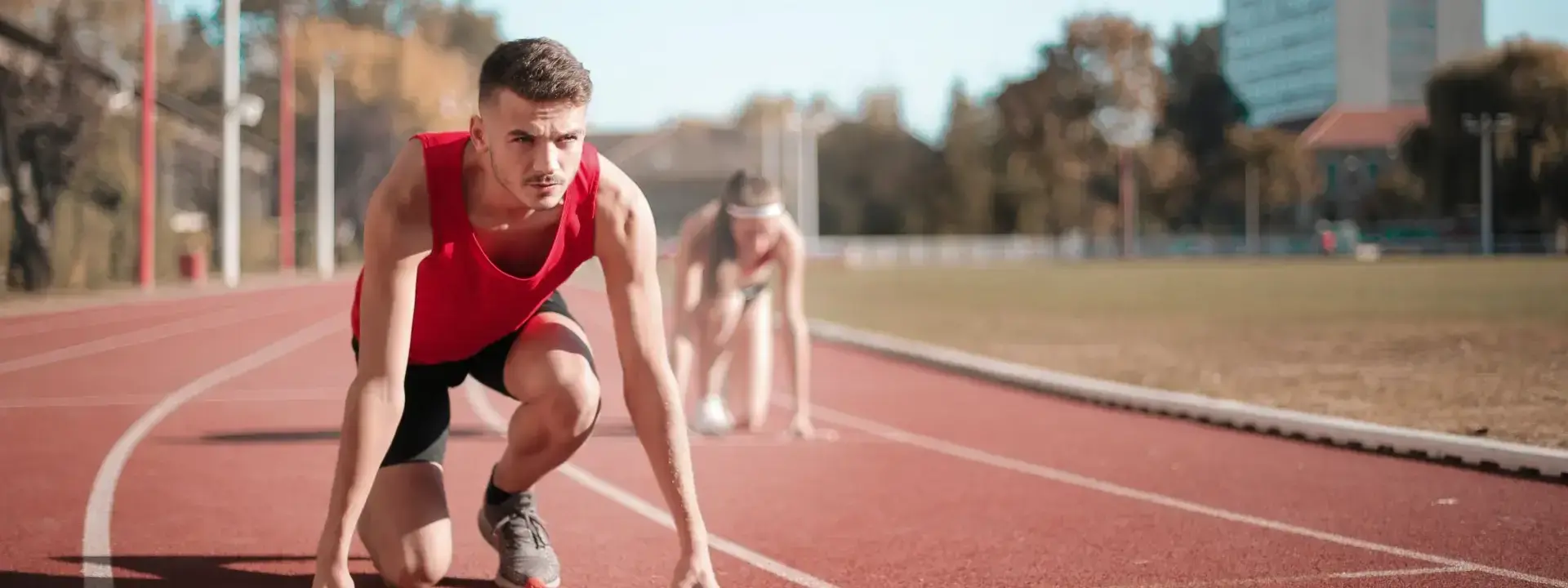
Sports Psychologist Job Description
What is a Sports Psychologist Professional?
A sports psychologist is a professional who applies psychological principles to help athletes improve their performance and well-being. Sport psychology can be used to help athletes at all levels, from beginners to elite performers. The main goal of sport psychology is to enhance an athletes ability to perform by providing them with tools to better cope with the challenges of competition and training.
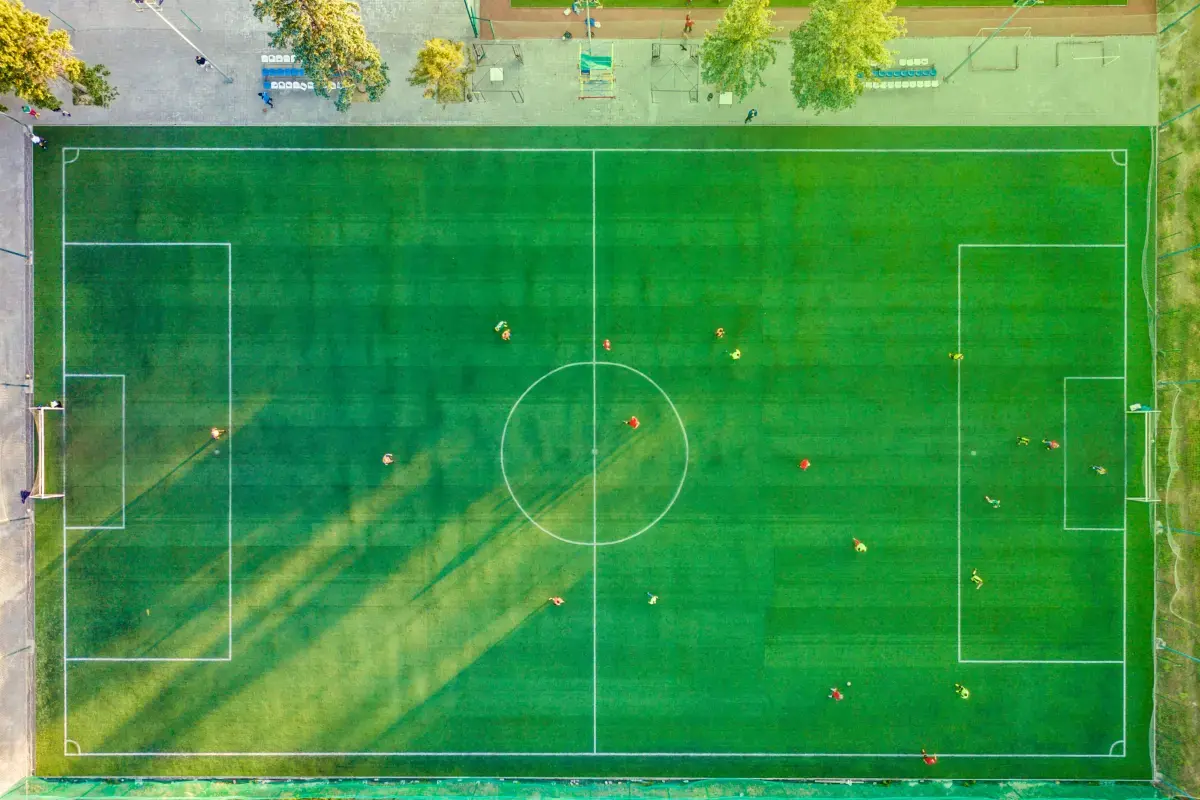
What does a Sports Psychologist Expert do?
Some of the specific areas that sports psychologists may work on include helping athletes: - Overcome barriers to peak performance - Cope with anxiety or other negative emotions - Improve focus and concentration - Boost self-confidence In addition to working with individual athletes, sports psychologists may also consult with coaches or teams about ways to improve team morale, communication, and performance.
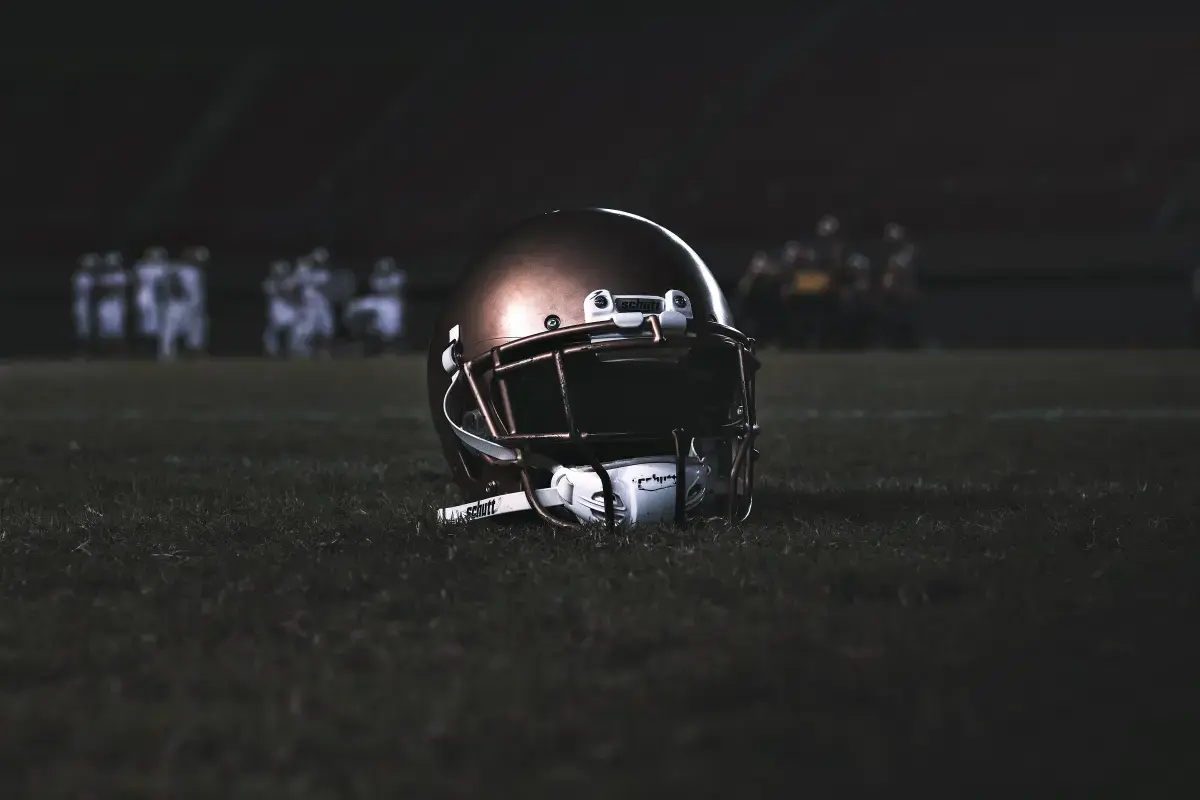
What are the Skills of a Sports Psychologist?
A sports psychologist needs a variety of skills and experience in order to be effective. First, they need to have a thorough understanding of psychological principles and how they can be applied to improve performance in athletes. They also need to have excellent communication and interpersonal skills in order to build trust and rapport with their clients.
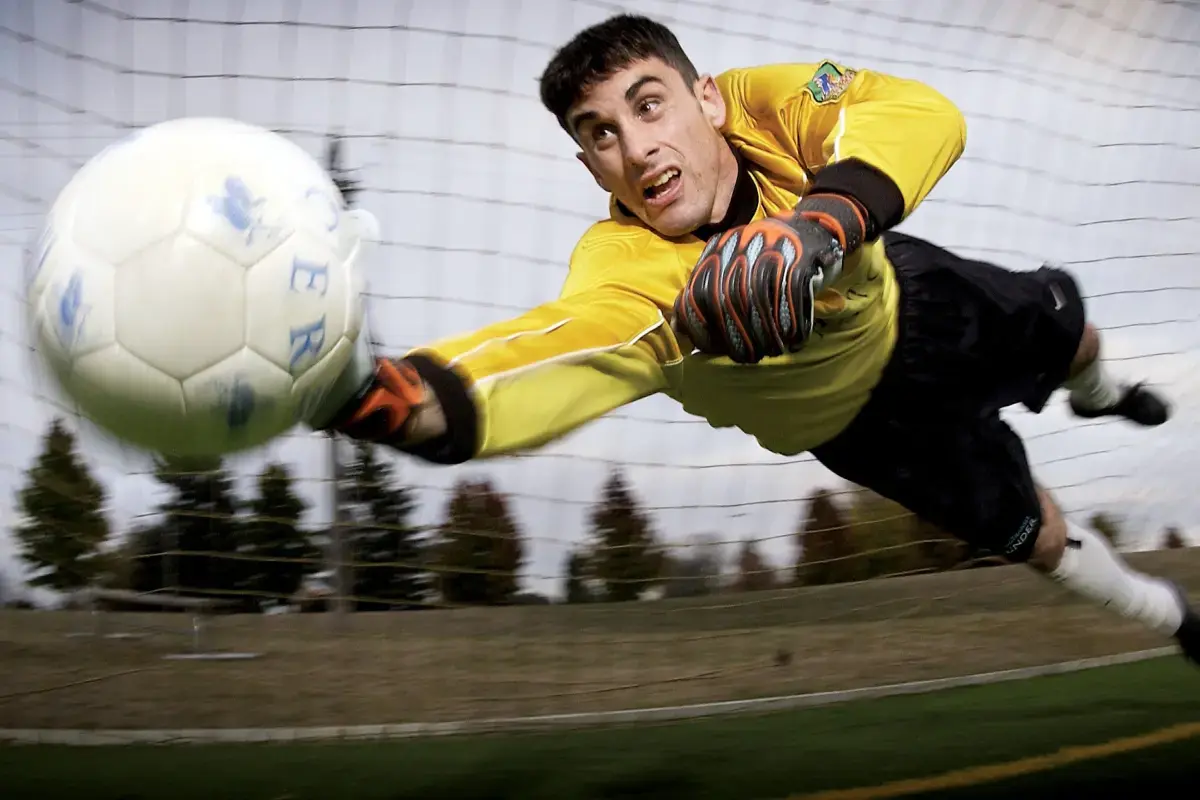
What makes an Expert Sports Psychologist?
Additionally, sports psychologists must be able to effectively deal with stress and setbacks, as well as be able to motivate athletes to stay focused on their goals. Finally, it is important for sports psychologists to have some experience working with athletes or knowledge of the sport psychology field in order to understand the unique challenges that come with helping athletes improve their performance.

What level of Experience & Qualifications are required to be a Sports Psychologist?
Industry Experience: 1. At least 5 years of experience working with athletes in a professional setting. 2. Knowledge of the sports industry and its culture, including understanding of the physical, mental, and emotional demands placed on athletes. 3. Ability to develop individualized plans for each athlete based on their specific needs and goals. 4. Understanding of how to motivate athletes to reach their full potential through positive reinforcement techniques and goal-setting strategies. 5. Familiarity with current research related to sports psychology and performance enhancement techniques such as visualization, relaxation training, cognitive restructuring, etc., as well as knowledge of relevant psychological theories (e.g., social learning theory). 6. Ability to work collaboratively with coaches, trainers, parents/guardians, administrators, etc., in order to ensure that all stakeholders are informed about the athlete’s progress and any changes that may need to be made in order for them to reach their goals successfully Training: 1. Completion of an accredited master’s degree program in sport psychology or a related field (e.g., counseling psychology). 2 .Completion of specialized coursework related specifically to sport psychology topics such as motivation theory; group dynamics; team building; stress management; performance enhancement techniques; etc.. 3 .Participation in supervised practicum experiences where they can gain hands-on experience working directly with athletes under the supervision of experienced professionals who can provide guidance throughout the process Qualifications: 1 .Licensure or certification from a recognized organization such as The American Psychological Association (APA) or The National Academy Of Sports Medicine (NASM). 2 .Membership in professional organizations such as The Association For Applied Sport Psychology (AASP) or The International Society Of Sport Psychology (ISSP). Education: 1 .Doctoral degree from an accredited university specializing in sport psychology or a closely related field is preferred but not required for most positions within this field
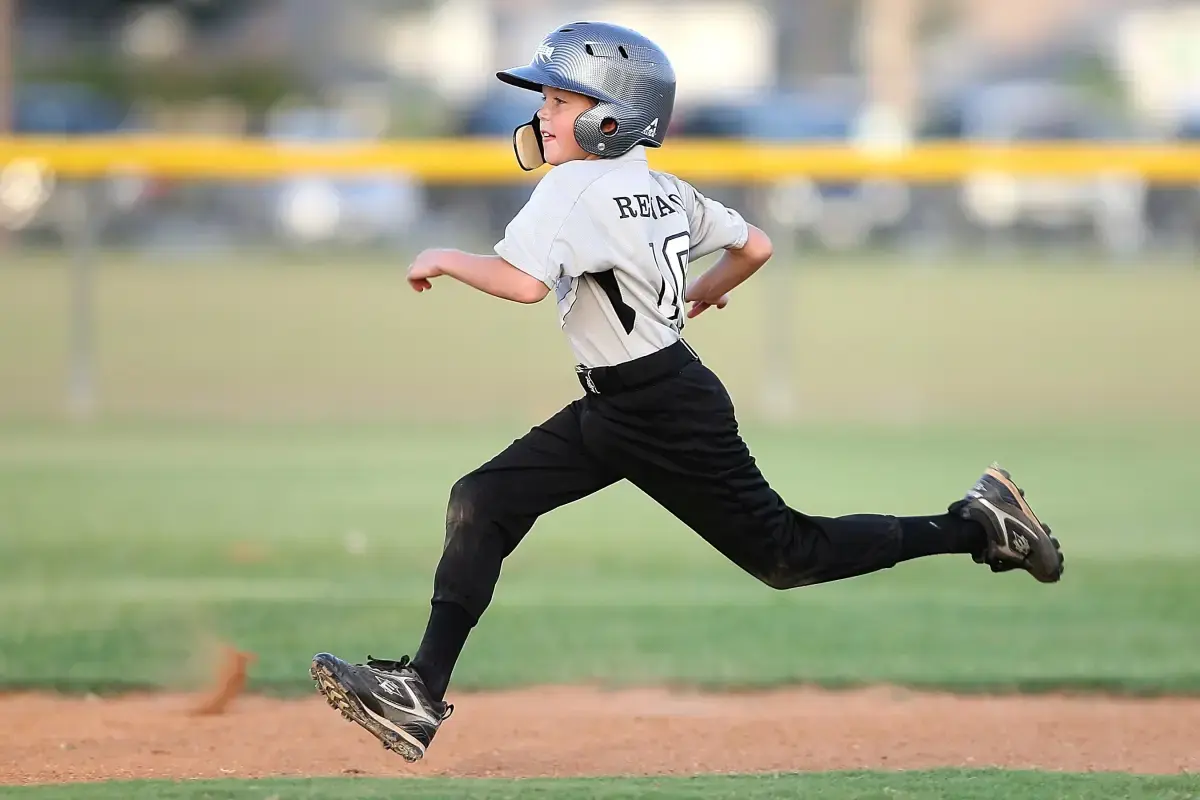
What is the Salary of a Sports Psychologist?
The salary expectations of a sports psychologist can vary greatly depending on experience, location, and the type of organization they are employed by. For junior level positions, salaries typically range from $50,000 to $70,000 per year. These positions may involve working with athletes at the high school or college level and providing counseling services for mental health issues related to sports performance. At the mid-level range (3-5 years of experience), salaries can range from $75,000 to $90,000 per year. These positions may involve working with professional athletes or teams in addition to providing counseling services for mental health issues related to sports performance. At the senior level (5+ years of experience), salaries can range from $100,000 to over $150,000 per year. These positions often involve consulting with professional teams and organizations as well as providing counseling services for mental health issues related to sports performance. Senior-level psychologists may also be involved in research projects or teaching courses at universities or colleges.
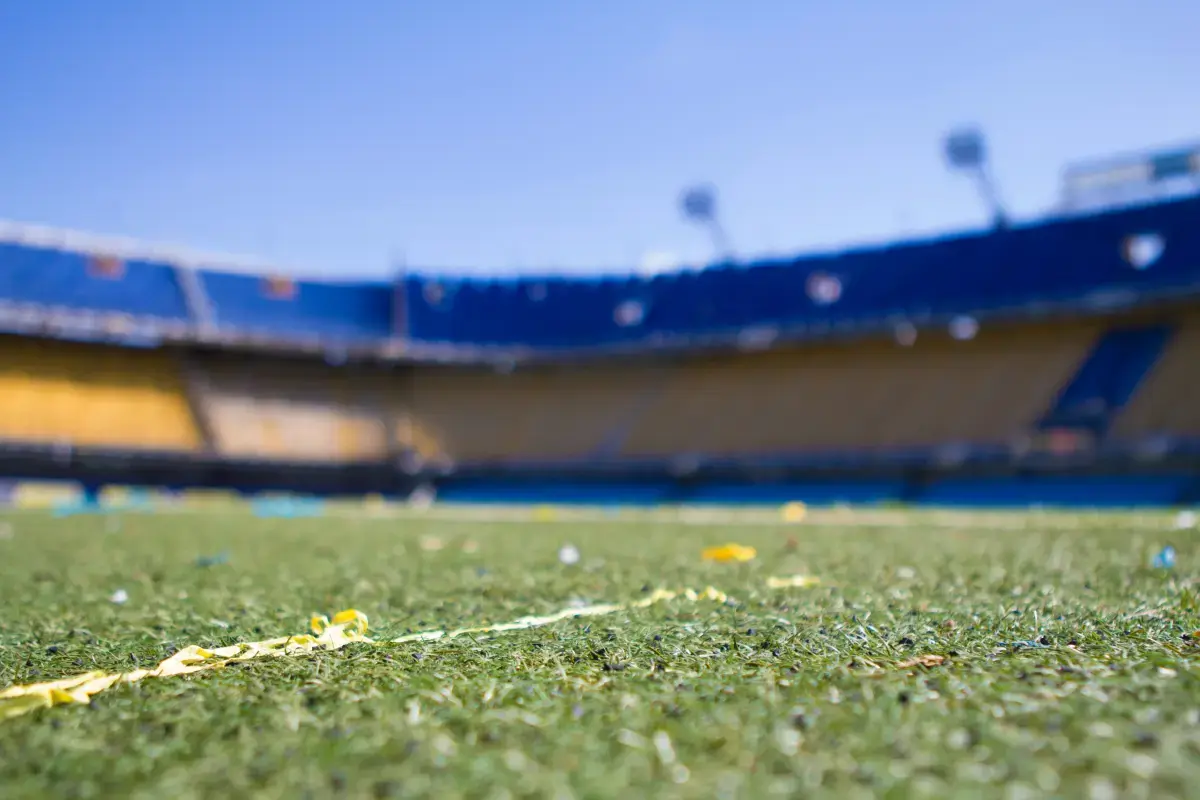
What are the Working Conditions for a Sports Psychologist?
Sports psychologists typically work in a variety of settings, including universities, professional sports teams, health clubs and fitness centers. They may also work with individual athletes or teams. Working conditions vary depending on the setting and type of job. In general, sports psychologists must be able to interact effectively with athletes from different backgrounds and cultures. They must have excellent communication skills and be able to motivate athletes to reach their goals. Sports psychologists should also have strong problem-solving skills so they can help athletes identify problems that are preventing them from reaching their full potential. Sports psychologists typically spend time observing athletes during practice sessions or games in order to assess their performance and provide feedback on areas for improvement. They may also conduct interviews with coaches, parents and other stakeholders in order to gain insight into an athlete’s mental state or behavior patterns that could be affecting performance. Sports psychologists often use psychological techniques such as cognitive behavioral therapy (CBT) or hypnosis to help athletes improve their mental game by changing negative thought patterns or behaviors that are hindering performance. In addition, they may use relaxation techniques such as meditation or guided imagery to help reduce stress levels before competitions or important events. Finally, sports psychologists must stay up-to-date on the latest research related to sport psychology so they can provide evidence-based advice when working with clients.
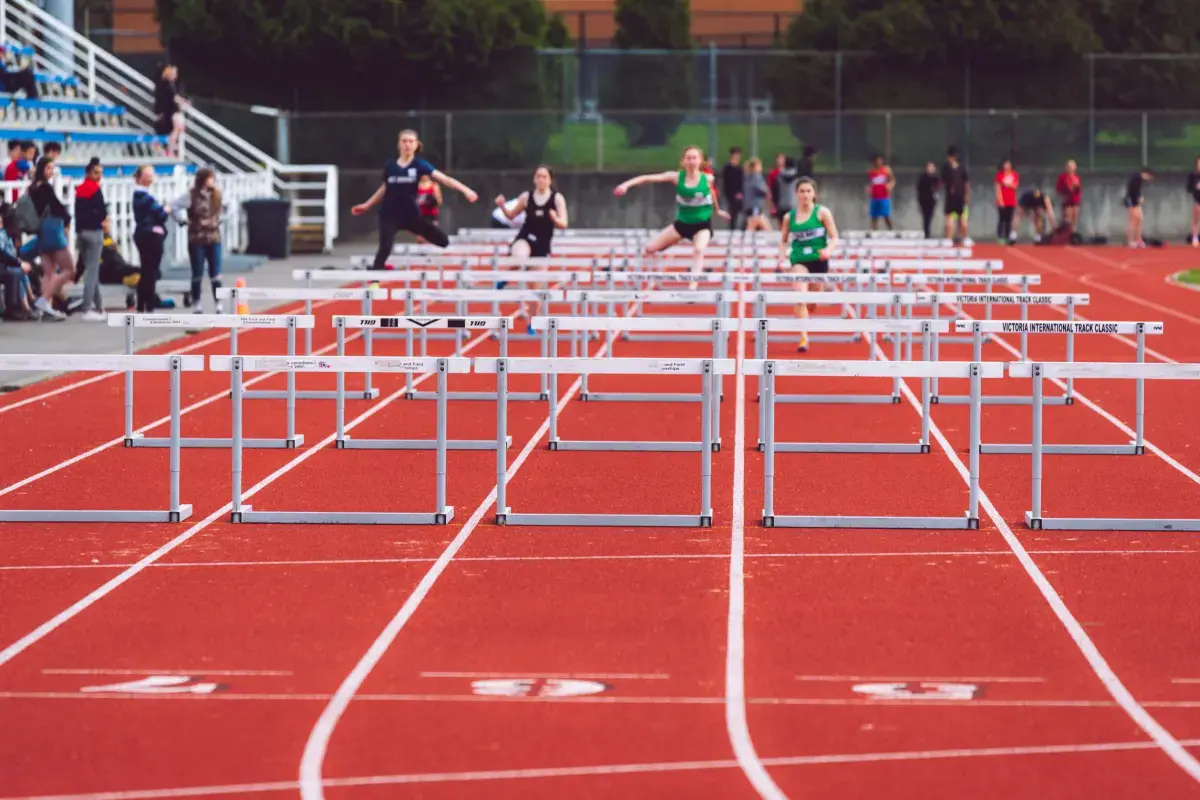
What are the roles and responsibilities of a Sports Psychologist?
Conducting psychological evaluations of athletes
Identifying mental health concerns and disorders among athletes
Implementing interventions to address mental health concerns and disorders among athletes
Providing counseling services to athletes
Consulting with coaches and other sport personnel on athlete development and performance
Conducting research on topics related to sport psychology
Teaching courses in sport psychology at the college/university level
Training other professionals (e.g., counselors, psychologists) in sports psychology topics and techniques
Serving as a resource for media organizations on topics related to sports psychology
Providing consultation services to professional and amateur sports organizations
Advocating for increased funding and resources for sports psychology research and training
Conducting ongoing research on sports psychology topics
Disseminating information about sports psychology through presentations, publications, and service on committees
Educating the public about the value of sport psychology services
Collaborating with other professionals to promote integrated care for athletes and teams
Creating and administering psychological assessments of athletes
Designing and implementing mental training programs for athletes
Providing psychotherapy services to athletes with mental health disorders
Consulting with coaches to help them create optimal team dynamics and player development plans
Counseling athletes who are struggling with issues unrelated to their sport performance
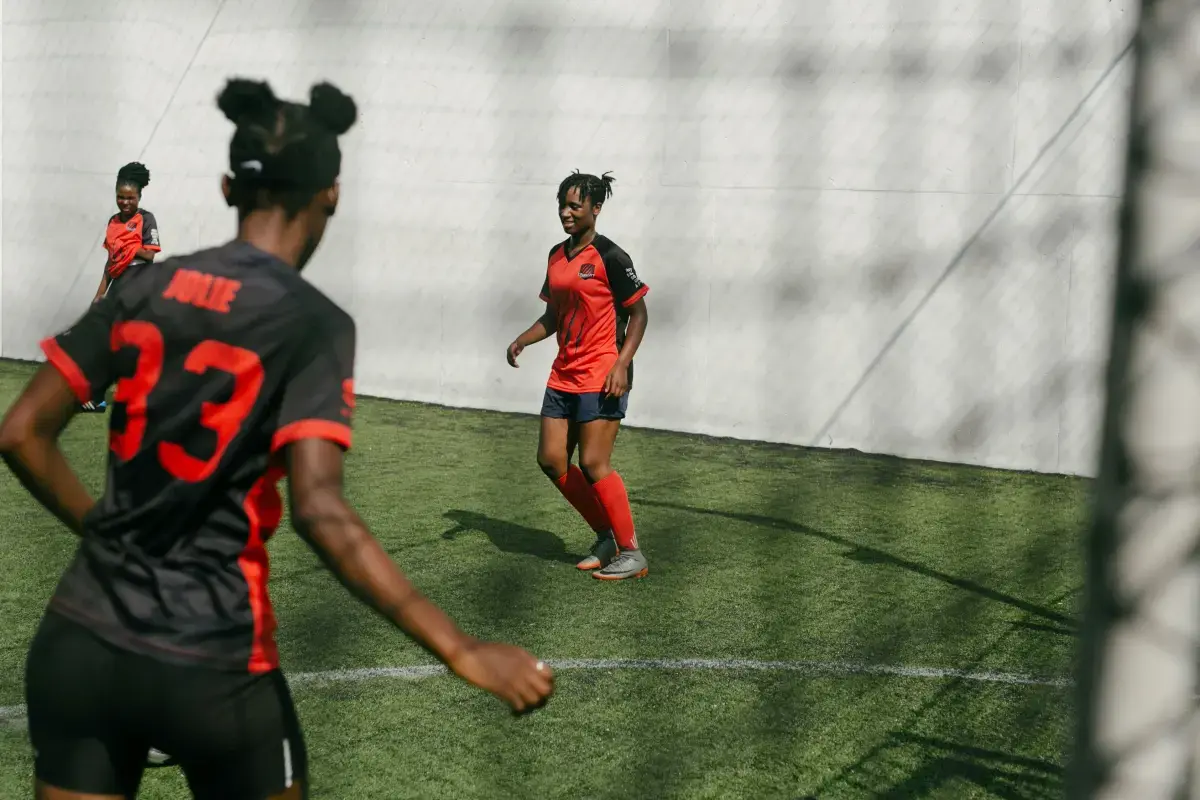
Where can I find Sports Psychologist jobs?
- Create a profile on gigexchange and promote your Sports Psychologist skills to advertise you are Open to New Work Opportunities
- Ensure your Resume (or CV), or online work profile is up to date and represents your skills and experience. Ensure your reputation reflects your ability & attitude.
- Apply for Sports Psychologist Jobs advertised on gigexchange.
- Practise Sports Psychologist interview techniques to ensure you represent your personality and ability succinctly and confidently.
- Accept the job offer if the salary meets your expectations and the employer mission and purpose reflects your core values.
Jobs
What are the best job boards for Sports Therapist jobs?

How can I hire Sports Psychologist staff online for my business?
The best job board for recruiting Sports Psychologist experts is gigexchange.com. Advertise full-time, part-time or contract jobs to find, hire & recruit trusted, experienced and talented Sports Psychologist candidates near you.
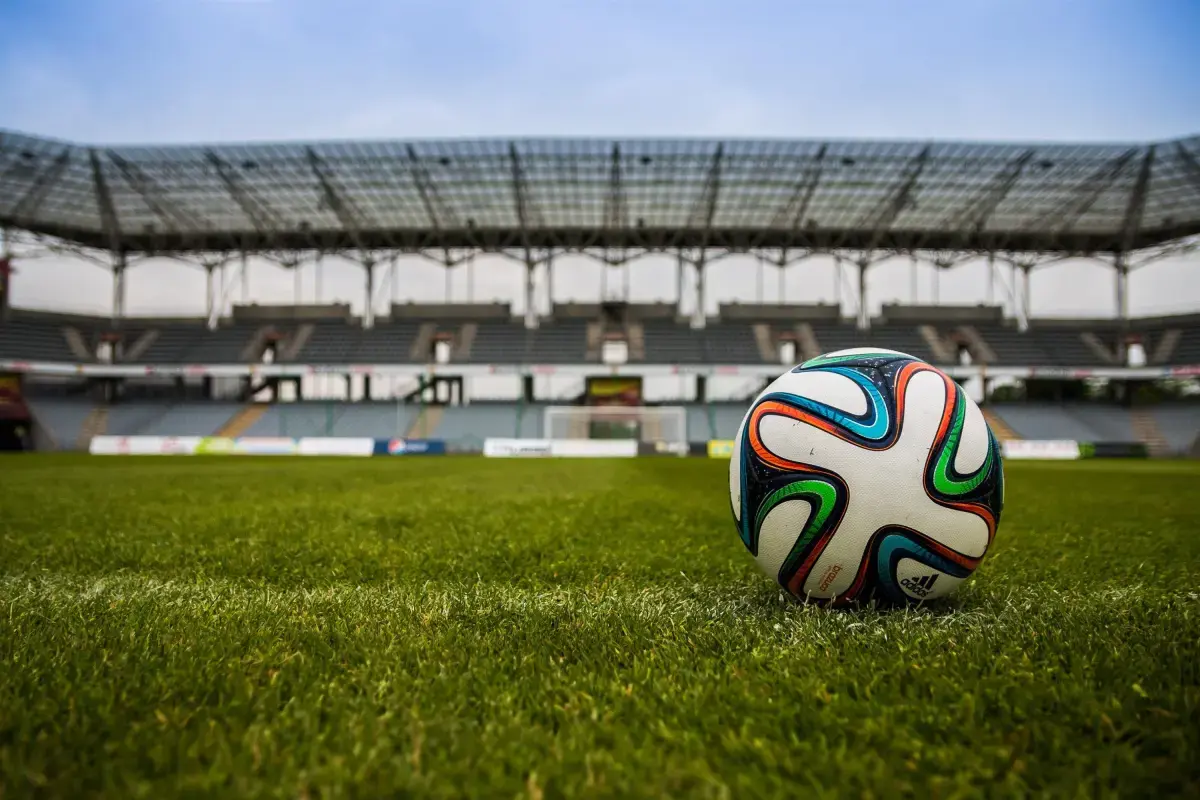
Are Sports Psychologist roles in demand in 2026?
Sports Psychologist experts are still in high demand in 2026. If you are an experienced Sports Psychologist or looking to train and become one. The job market is looking strong for Sports Psychologist jobs near me.